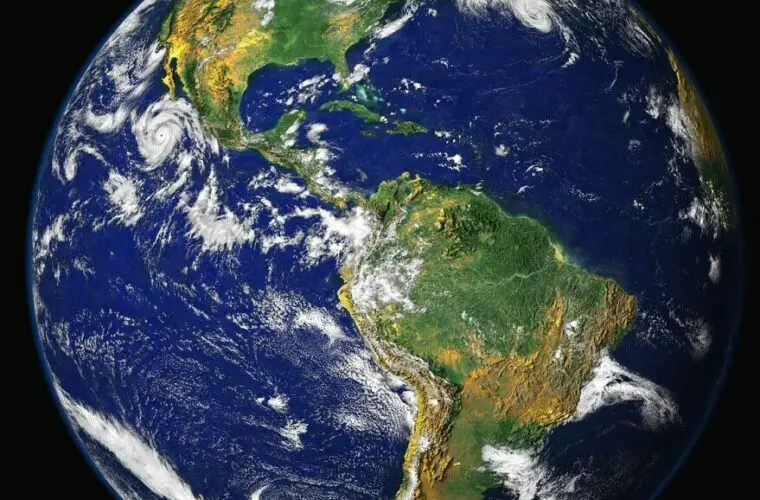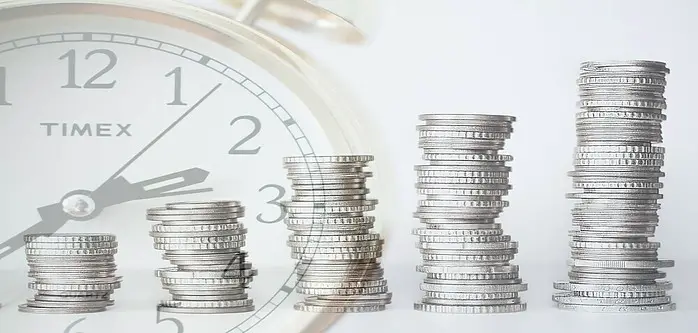In today’s world, the conversation around environmental conservation has become increasingly urgent. With issues like climate change, resource depletion, and pollution looming large, individuals and societies alike are searching for ways to mitigate their impact on the planet. While actions such as reducing waste and conserving energy are commonly discussed, one aspect that often goes overlooked is the role of saving money in saving the Earth.
The connection between saving money and environmental sustainability might not be immediately apparent, but it is significant. By adopting frugal habits and practicing mindful spending, individuals can not only secure their financial futures but also contribute to the preservation of our planet. In this article, we’ll explore how saving money intersects with environmental conservation and why it’s essential for a sustainable future.
1. Resource Conservation:
One of the fundamental principles of saving money is consuming less. Whether it’s buying fewer material goods, cutting back on energy usage, or reducing unnecessary expenses, the result is a decrease in resource consumption. This reduction in consumption translates directly to a lighter ecological footprint. Whether we like it or not, we are a consumption society, taught at birth to use and toss away anything that does serve a purpose any longer. Gone are the days where ladies entertained with real fine china plates, silver flatware, and crystal glasses. Every single thing we do now revolves around it being faster, easier, and more attainable, not to mention more disposable.
For instance, when individuals prioritize saving money, they are more likely to opt for durable, long-lasting products instead of disposable ones. This reduces the demand for resources used in manufacturing and decreases the amount of waste ending up in landfills. Additionally, saving money often involves energy-efficient practices such as turning off lights when not in use, using public transportation, or investing in renewable energy sources, all of which contribute to resource conservation and environmental protection.
2. Sustainable Choices:
Saving money encourages individuals to make more sustainable choices in their daily lives. When budgeting becomes a priority, people tend to seek out alternatives that are both cost-effective and environmentally friendly. This could mean choosing to repair items instead of replacing them, buying second-hand or locally-produced goods, or opting for eco-friendly products with minimal packaging.
By consciously making these choices, individuals not only save money in the long run but also support businesses that prioritize sustainability. This creates a positive feedback loop wherein environmentally responsible practices are incentivized and encouraged. In my Frugal Living 101 article I indicated some helpful questions you may want to ask yourself in regards to the usefulness of items.
3. Financial Resilience:
In addition to directly benefiting the environment, saving money also enhances individual financial resilience, which is crucial for addressing environmental challenges. Economic stability allows individuals and communities to weather unexpected events such as natural disasters or economic downturns, reducing the need for unsustainable practices in times of crisis.
Furthermore, having financial resources enables individuals to invest in technologies and innovations that promote environmental sustainability. Whether it’s installing solar panels, purchasing electric vehicles, or supporting renewable energy projects, saving money provides the means to make these investments and accelerate the transition to a green economy. On the topic of solar panels, I found this nice homeowners guide to going solar, it is a useful resource for you if you are considering implementing solar energy. Also, if you can, look at getting a well installed instead of using city/county water. This is a great guide on well water, or you can contact your local trusted plumber. The water just tastes and smells so much better!
4. Collective Impact:
While individual actions are important, the collective impact of millions of people saving money can be transformative. When entire communities embrace frugality and prioritize resource conservation, the cumulative effect can lead to significant reductions in carbon emissions, waste generation, and environmental degradation.
Moreover, saving money fosters a sense of stewardship and responsibility towards the planet. As individuals become more mindful of their consumption habits and financial decisions, they are likely to advocate for policies and initiatives that promote sustainability on a larger scale. This collective awareness and action are essential for driving systemic change and creating a more sustainable future for generations to come. Now, don’t get me wrong, I am in no way advising you to get your group or community together and go protest somewhere on some issues discussed here. I do not think that solves any problems, I suspect that may create more. But what I am suggesting is that you understand the issues at hand, do your own research, and communicate your concerns with those in office. Discuss these issues with your community leaders, or relatable groups, and determine collective ideas that work for everyone involved and the planet.
Inspirational Quotes for your reading pleasure:
- “The greatest threat to our planet is the belief that someone else will save it.” – Robert Swan
- “Saving money is not about being cheap; it’s about being resourceful and mindful of our impact on the world.” – Unknown
- “We do not inherit the earth from our ancestors; we borrow it from our children.” – Native American Proverb
- “Every dollar you save is a vote for a more sustainable future.” – Unknown
- “The Earth does not belong to us; we belong to the Earth.” – Chief Seattle
In conclusion, saving money is not just a personal finance strategy; it is a powerful tool for environmental conservation. By consuming less, making sustainable choices, building financial resilience, and collectively advocating for change, individuals can play a significant role in saving the Earth. As we strive towards a more sustainable future, let us remember that every dollar saved is a step towards preserving our planet for future generations, and making an impactful difference in their life. “We can change the world and make it a better place. It is in our hands to make a difference”- Nelson Mandela




